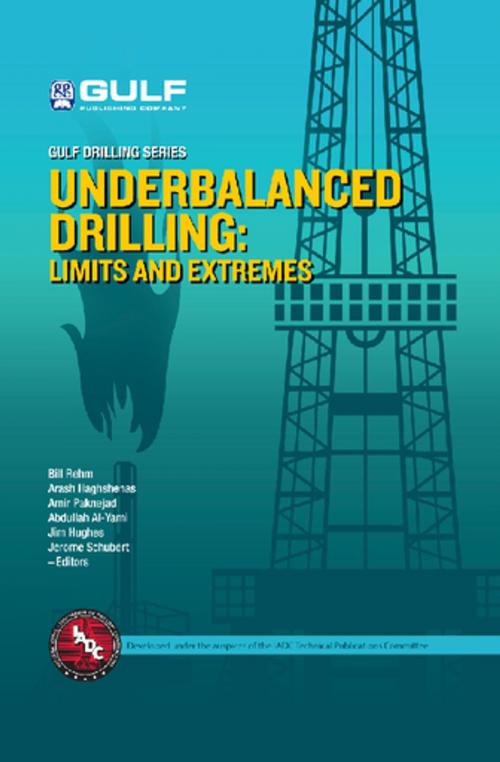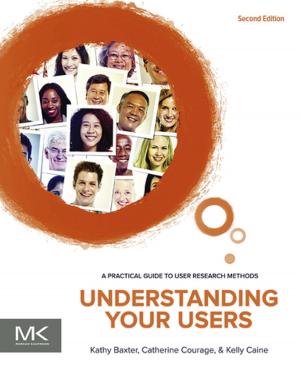Underbalanced Drilling: Limits and Extremes
Nonfiction, Science & Nature, Science, Earth Sciences, Geology, Technology, Power Resources| Author: | ISBN: | 9780127999807 | |
| Publisher: | Elsevier Science | Publication: | November 25, 2013 |
| Imprint: | Gulf Publishing Company | Language: | English |
| Author: | |
| ISBN: | 9780127999807 |
| Publisher: | Elsevier Science |
| Publication: | November 25, 2013 |
| Imprint: | Gulf Publishing Company |
| Language: | English |
The present crude oil and natural gas reservoirs around the world have depleted conventional production levels. To continue enhancing productivity for the remaining mature reservoirs, drilling decision-makers could no longer rely on traditional balanced or overbalanced methods of drilling. Derived from conventional air drilling, underbalanced drilling is increasingly necessary to meet today’s energy and drilling needs. While more costly and extreme, underbalanced drilling can minimize pressure within the formation, increase drilling rate of penetration, reduce formation damage and lost circulation, making mature reservoirs once again viable and more productive. To further explain this essential drilling procedure, Bill Rehm, an experienced legend in drilling along with his co-editors, has compiled a handbook perfect for the drilling supervisor.
Underbalanced Drilling: Limits and Extremes, written under the auspices of the IADC Technical Publications Committee, contain many great features and contributions including:
- Real case studies shared by major service companies to give the reader guidelines on what might happen in actual operations
- Questions and answers at the end of the chapters for upcoming engineers to test their knowledge
- Common procedures, typical and special equipment involved, and most importantly, the limits and challenges that still surround this technology
The present crude oil and natural gas reservoirs around the world have depleted conventional production levels. To continue enhancing productivity for the remaining mature reservoirs, drilling decision-makers could no longer rely on traditional balanced or overbalanced methods of drilling. Derived from conventional air drilling, underbalanced drilling is increasingly necessary to meet today’s energy and drilling needs. While more costly and extreme, underbalanced drilling can minimize pressure within the formation, increase drilling rate of penetration, reduce formation damage and lost circulation, making mature reservoirs once again viable and more productive. To further explain this essential drilling procedure, Bill Rehm, an experienced legend in drilling along with his co-editors, has compiled a handbook perfect for the drilling supervisor.
Underbalanced Drilling: Limits and Extremes, written under the auspices of the IADC Technical Publications Committee, contain many great features and contributions including:
- Real case studies shared by major service companies to give the reader guidelines on what might happen in actual operations
- Questions and answers at the end of the chapters for upcoming engineers to test their knowledge
- Common procedures, typical and special equipment involved, and most importantly, the limits and challenges that still surround this technology















